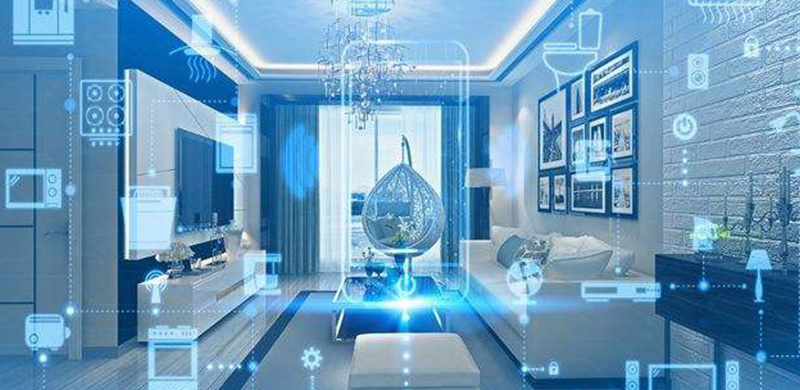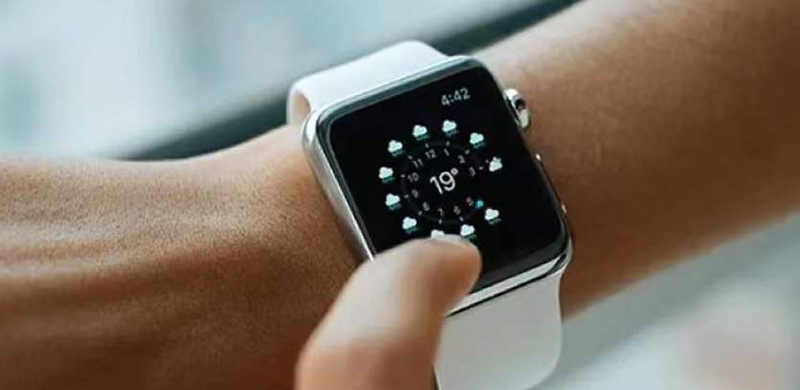The future of the smart home is bright
Release time:
2021-12-27
Since last year, the concept of smart home has come and gone, and the products have been surging. Whether it is a traditional home appliance company or an IT company, seizing the living room is the main battlefield of marketing.

Since last year, the concept of smart home has come and gone, and the products have been surging. Whether it is a traditional home appliance company or an IT company, seizing the living room is the main battlefield of marketing. However, from the perspective of actual products, they are basically in the exploratory stage, and lack of disruptive innovative products. The starting point of many smart home appliances is based on the competition level, not the consumer level. Therefore, overall intelligence cannot be achieved in design.
From the perspective of consumer demand for smart homes, no matter which brand or product it is, home appliances must be interconnected and interoperable, so that a real smart home can be formed. However, the current situation is that each brand’s smart solutions based on its own capabilities are in reality, and they only focus on what they can do instead of meeting the real needs of consumers. If consumers want to realize the dream of smart home, they can only choose the whole package of a certain brand. Therefore, either the purchase cost is too high, or the manufacturer does not have the strength to provide a full set of smart home products. Therefore, consumers need to use different brands of home appliances in their daily lives, but they cannot be interconnected and controlled. In the end, each family is divided into multiple "islands" by different brands, thus losing the effect of intelligence.
In reality, all brand manufacturers cannot be compatible with all competitors, but Jialian International's embedded chip can achieve data compatibility without changing the original brand and function of the product. No matter Samsung or Apple, customers can be undifferentiated through third-party platforms. Under such a concept, it is not a competitive thinking, nor is it short-sighted, but a platform that integrates and completes integration through integration.
Driven by market demand, the iComhome home networking platform is only the beginning, but the trend is already obvious. As a home appliance and home furnishing enterprise, if it does not apply technologies such as big data and cloud computing, it will not be able to achieve "wisdom", and it will not be able to achieve smart family.
Therefore, in the context of the market dominated by consumer demand, smart home appliances and smart homes that do not enter the big data platform will eventually die out. [7-8]
Looking forward to the future, today's smart phones have entered the public life and become the ultimate control terminal, which is a prerequisite for the popularization of smart home appliances.
Smart home appliances will become an indispensable part of smart homes. After the perfect integration, they will soon have more efficient energy applications, interconnected home appliance networks, and cloud security.
Home appliances that step into the smart chip are controlled by the user's smartphone to complete the user's given instructions.
Popularity resistance
Modern smart home appliances are more common in middle-income families abroad. Foreign middle-income families have a certain economic strength, and there is less resistance to the popularization of smart home appliances.
For families with a certain economic strength for the quality of life, there will be room for domestic intelligent applications.
step forward
With the popularization of science and technology applications in my country, in the next ten years, the intelligentization of urban household appliances will be ushered in. At that time, the large-scale popularization of smart appliances will gradually expand.
related news




